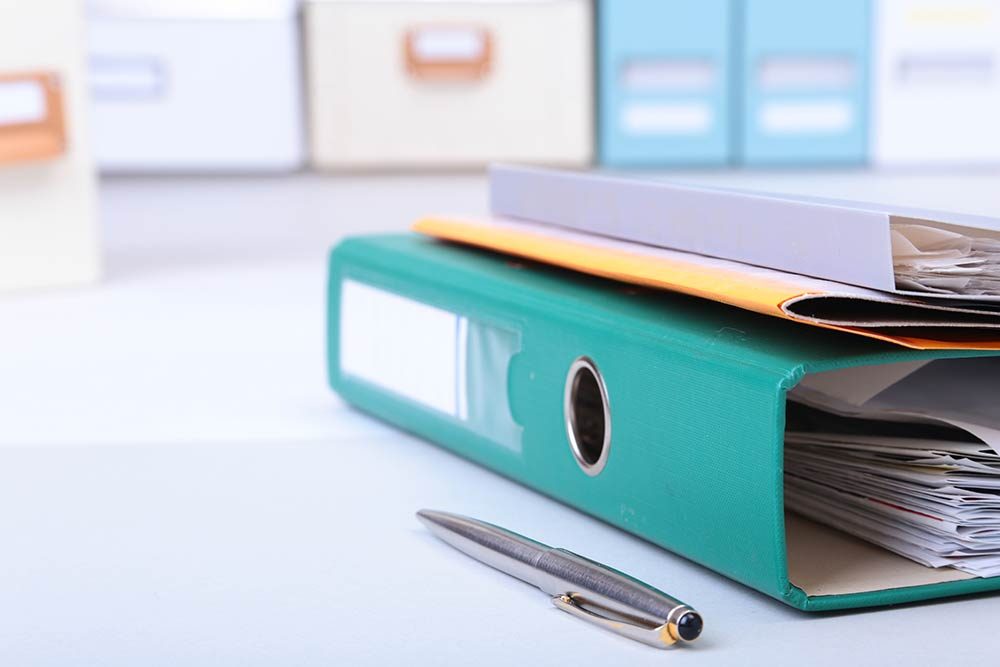A Biased View of The Role of Blockchain Technology in Resolving Intellectual Property Disputes

Artificial Intelligence (AI) is swiftly completely transforming a variety of business, and the field of copyright regulation is no exception. As AI comes to be more state-of-the-art and common, it delivers forth brand-new problem for mental property protection. In this article, we will certainly look into the intersection of fabricated intelligence and copyright rule, focusing on the surfacing concerns and prospective solutions.
One of the major obstacle presented by AI in copyright regulation is the creation of original works. Generally, copyright security has been approved to human writers who produce initial articulations. Nevertheless, with the development of AI-generated content, concerns arise relating to possession and authorship. May an AI body be looked at an author? Must copyright protection prolong to works generated through equipments?
The solution to these concerns differs depending on territory. Some nations, like the United States, call for human authorship for copyright security. Others have taken a extra adaptable technique through giving defense to works developed autonomously or collaboratively between humans and machines.
One more issue occurring from AI in connection to copyright legislation is related to violation discovery and enforcement. With Did you see this? of online platforms hosting user-generated web content, it comes to be considerably tough to determine copyrighted laws material that has been plagiarized or made use of without consent.
AI protocols can participate in a essential function in sensing such breaches via automated content acknowledgment bodies. These bodies evaluate huge amounts of information to pinpoint resemblances between copyrighted works and potentially infringing web content. By leveraging maker learning capacities, they can easily efficiently recognize unwarranted use of copyrighted product.
Nevertheless, depending only on AI for infraction detection elevates problems regarding misleading positives and misleading downsides. It is vital to strike a harmony between automated bodies and individual customer review in purchase to guarantee precise id of copyright breaches while staying away from unneeded blackout.
In addition, AI's capability to generate strongly realistic deepfake content additionally positions considerable obstacle for copyright proprietors. Deepfakes recommend to maneuvered media that convincingly portrays individuals mentioning or doing things they certainly never did.
While deepfakes are often linked with malicious objectives like spreading false information or slamming someone, they additionally raise issues regarding copyright breach. AI algorithms can easily create sensible counterfeits of copyrighted works, possibly leading to unwarranted make use of and circulation.
Taking care of these problem demands a multi-faceted approach. First and foremost, laws need to have to conform to the growing technical garden by looking at the special components of AI-generated information. Copyright laws must be improved to give clarity on ownership and authorship in relation to AI-created works.
Additionally, stakeholders in the AI field must collaborate with copyright managers and policymakers to establish moral standards and absolute best methods for the use of AI in material production. This could include implementing watermarking innovations or electronic liberties management bodies that installed ownership info directly right into AI-generated web content.
On top of that, systems throwing user-generated material ought to apply sturdy bodies for sensing copyright violations. By leveraging AI-powered resources, these systems can immediately warn potentially infringing component for human review while lessening untrue positives.
Finally, educating producers and individuals regarding the implications of AI on copyright law is critical. Many individuals may not be mindful of how their usage of AI technology could possibly borrow upon someone else's mental residential property legal rights. Through ensuring awareness and supplying direction on legal and honest issues neighboring AI-generated material, we can easily nurture a more responsible approach towards intellectual residential or commercial property security.
In final thought, as artificial intelligence continues to advance, it provides new difficulty for copyright law. From identifying authorship to identifying infringement and attending to deepfakes, there are actually a variety of problems that need careful factor to consider. By upgrading legislation, nurturing partnership between stakeholders, implementing successful diagnosis bodies, and marketing understanding among producers and consumers equally, we can navigate these difficulty and make sure adequate protection for mental home in the grow older of synthetic intelligence.

